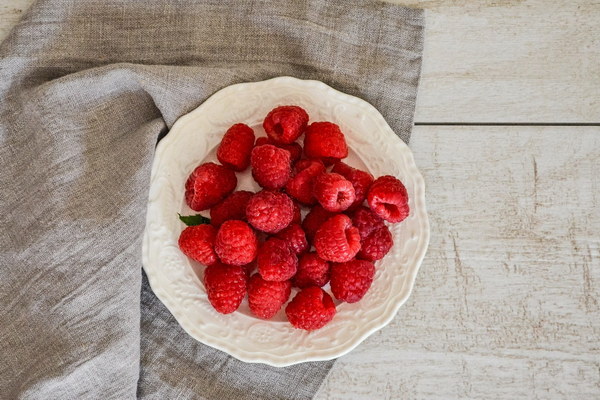Sweat the Moisture Away Is Sleeping on the Floor a Remedial Solution
In the pursuit of a healthier and more balanced lifestyle, many individuals have been exploring unconventional methods to boost their well-being. One such method that has gained popularity in recent years is sleeping on the floor. The question on everyone's mind is whether sleeping on the floor can truly help eliminate moisture from the body, thus promoting good health. In this article, we will delve into the truth behind this practice and its potential benefits.
Firstly, it is essential to understand the concept of dampness in traditional Chinese medicine (TCM). According to TCM, dampness is a common pathological condition that can lead to various health issues, including fatigue, joint pain, and digestive problems. The theory suggests that dampness accumulates in the body due to factors such as poor diet, lack of exercise, and exposure to cold and damp environments. To combat dampness, individuals are often advised to adopt measures that promote the elimination of moisture from the body.
Sleeping on the floor is believed to be one of these measures. Proponents of this practice claim that the cooler surface of the floor helps in absorbing moisture from the body through the soles of the feet, leading to improved circulation and elimination of dampness. However, is there any scientific evidence to support this claim?
Research on the topic is limited, but some studies have explored the effects of sleeping on the floor. A study published in the journal Indoor Air in 2017 found that sleeping on the floor can help reduce the risk of respiratory allergies. The study suggested that the cooler surface of the floor may help in maintaining a stable indoor temperature, which in turn reduces the chances of allergens thriving in the bedroom.
While this study does not directly address the elimination of dampness, it does highlight the potential benefits of sleeping on the floor in terms of creating a healthier indoor environment. Moreover, other studies have shown that sleeping on the floor can lead to better sleep quality and improved body temperature regulation, which may indirectly contribute to the elimination of dampness.
It is important to note that the effectiveness of sleeping on the floor may vary from person to person. Factors such as the type of flooring, the climate, and individual health conditions can influence the outcome. For instance, individuals living in humid climates may find it more challenging to eliminate dampness by sleeping on the floor, as the moisture in the air can counteract the cooling effect of the floor.

In addition to the potential benefits, there are also some drawbacks to consider. Sleeping on the floor may increase the risk of developing bedsores, especially for individuals with mobility issues or those who are prone to pressure ulcers. Furthermore, certain types of flooring materials, such as carpet or wooden floors treated with chemicals, may emit harmful substances that can affect respiratory health.
In conclusion, while there is limited scientific evidence to support the claim that sleeping on the floor can eliminate dampness, there are potential benefits to this practice, such as improving indoor air quality and promoting better sleep. However, it is crucial to consider individual health conditions and environmental factors before adopting this practice. If you decide to try sleeping on the floor, it is recommended to use a mattress or a thin layer of padding to protect your skin from potential injuries and to choose a flooring material that is safe and suitable for your specific needs.
In the end, the decision to sleep on the floor should be based on personal preference and the potential benefits it may offer. As always, it is advisable to consult with a healthcare professional before making any significant changes to your sleep habits or environment.









